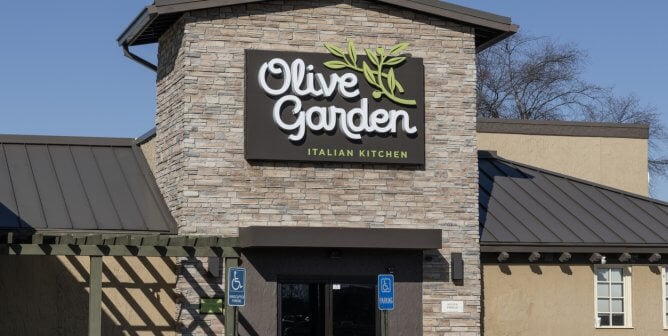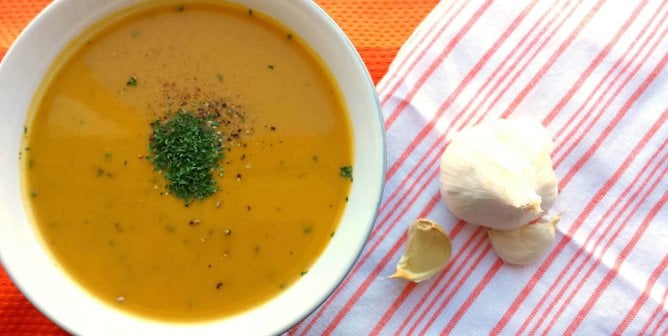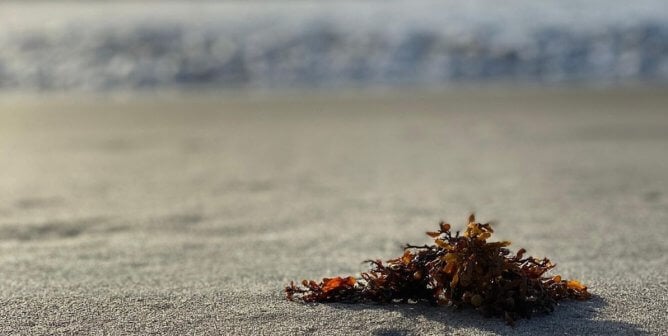Did you know that turkeys are unique, curious animals who sing to their young? Some even love cuddling. Whether it’s Thanksgiving or any other time of the year, here are some facts and adorable pictures that prove that turkeys are too precious to eat:
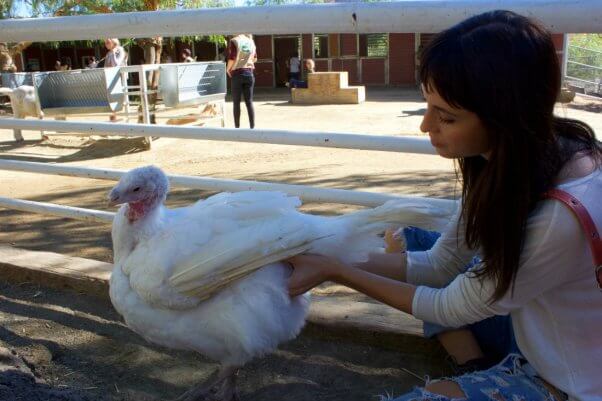
This rescued turkey, Nalla, loves having her feathers stroked. But like chickens, the 300 million turkeys raised and killed for their flesh every year in the United States have no federal legal protection.
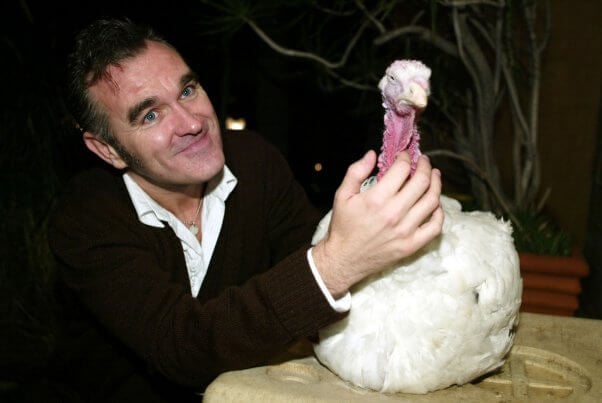
This turkey is enjoying a sweet caress from Morrissey. When not forced to live on farms, turkeys spend their days caring for their young, building nests, foraging for food, taking dust baths, preening themselves, and roosting high in trees.
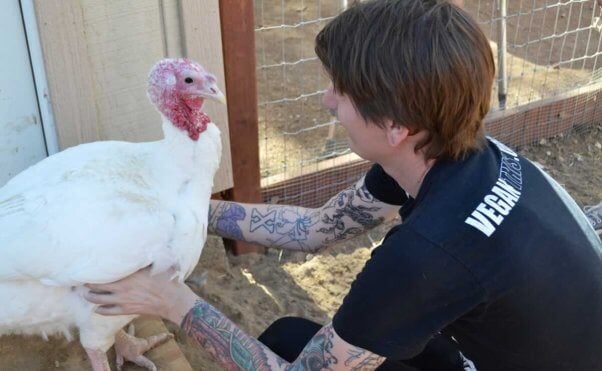
People who care for turkeys at sanctuaries call them “natural detectives.” They are naturally curious, always checking out new sights and smells, and enjoy greeting visitors.
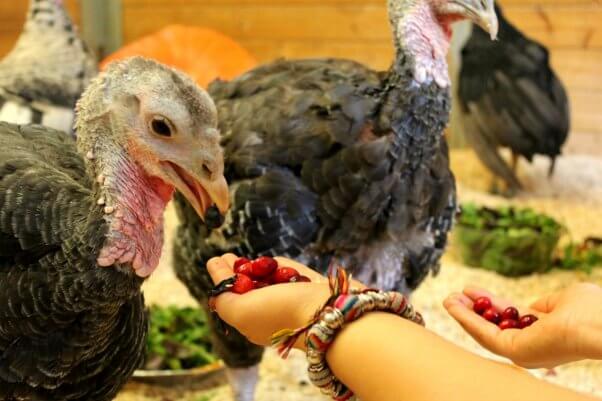
In the wild, turkeys like to gobble beechnuts, blueberries, crabapples, grapes, hickory nuts, pecans, and more. But when raised to be food, they don’t have these options.
In nature, turkeys stay with their mothers for up to the first five months of their lives. However, today, nearly all turkeys are hatched in large incubators and never see their mothers or feel the warmth of a nest.
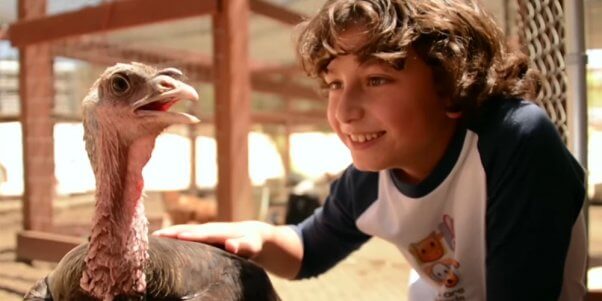
Venus the rescued turkey enjoyed being petted by Girl Meets World actor August Maturo. Each turkey is a unique individual, so it’s hard to fathom that more than 45 million turkeys are killed each year for Thanksgiving alone and that more than 22 million die at Christmas.
Hildie the turkey loves being close to her human friends. In nature, turkeys can fly 55 miles an hour, run 18 miles an hour, and live up to 10 years—things that those raised for food will never get to experience.
The natural life expectancy of turkeys is up to 10 years, but on farms, they’re typically slaughtered when they’re just 5 months old.
These gentle birds bond closely with their young—in the wild, a mother turkey will courageously defend her family against predators. Unfortunately, most turkeys are only a few weeks old when they’re moved into filthy, windowless sheds with thousands of other turkeys, where they’ll spend the rest of their lives until they’re transported to a slaughterhouse.
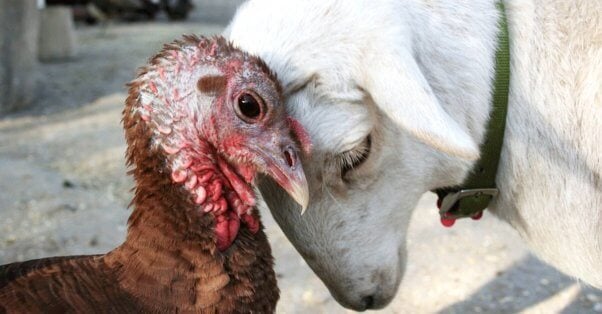
When given the chance, turkeys can form special bonds with humans and other animals. Here, a rescued turkey and goat share a peaceful moment.
Labels such as “free range,” “organic,” “all-natural,” and “local” mean nothing to turkeys, who don’t want to endure life on a farm and die to become meat.
Very few turkeys currently live at accredited sanctuaries where they’re given the opportunity to lead a happy life. The only way to ensure that you’re not contributing to the suffering of turkeys is not to eat them.
This Thanksgiving, consider turkeys and leave them off your plate. Check out these vegan holiday roasts, which are available at your local grocery store!
Did you know that you can help animals without uttering a word? Simply rock one of these adorable holiday sweaters or lawn ornaments:

Ready to take the vegan pledge? We thought so!
Text VEG to 73822 to get the latest vegan lifestyle tips, recipes, and urgent action alerts texted right to your phone.
Terms for automated texts/calls from PETA: https://peta.vg/txt. Text STOP to end, HELP for more info. Msg/data rates may apply. U.S. only.




